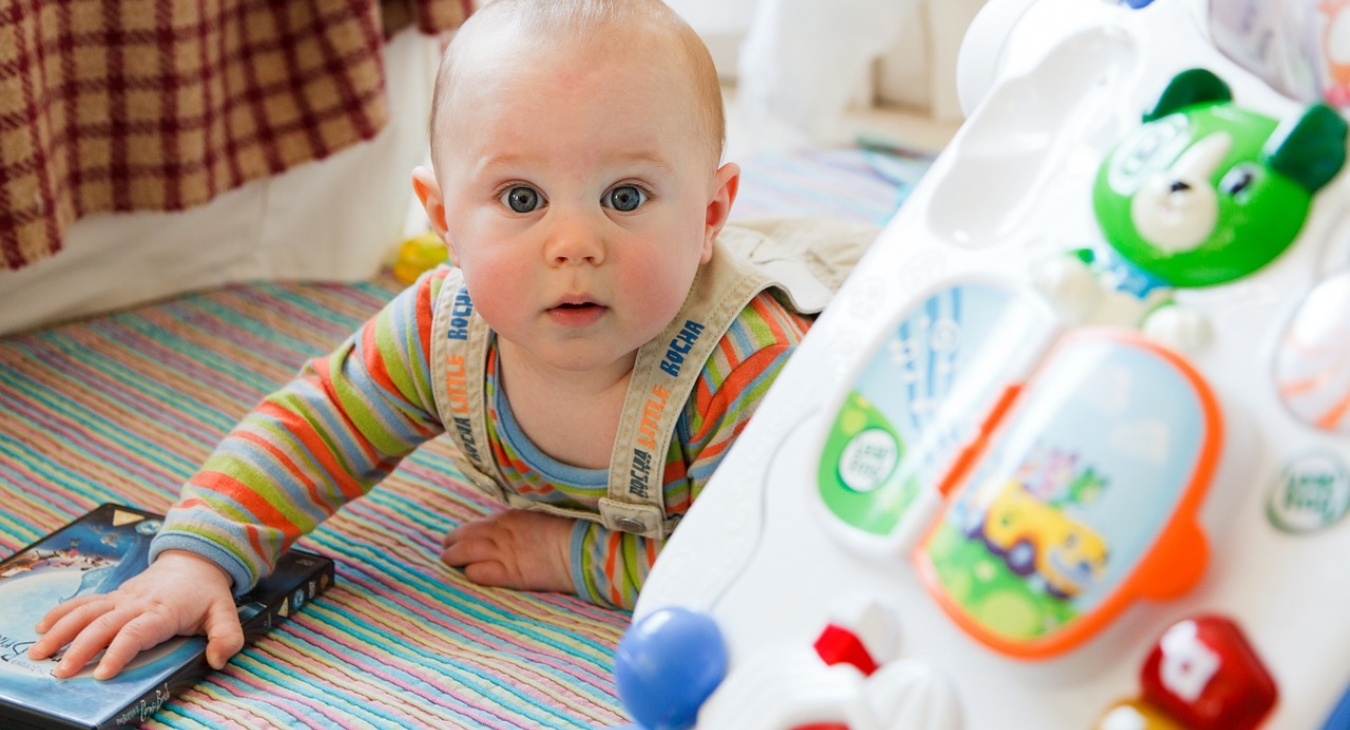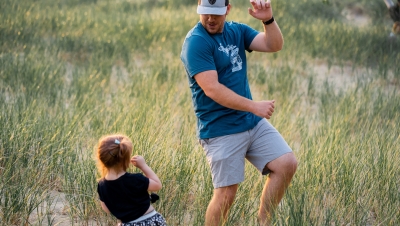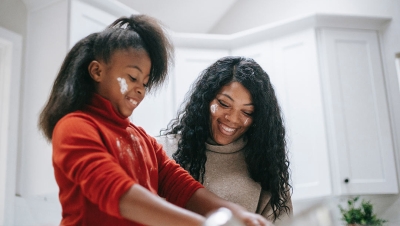Baby at play
Toddlers have to play with their mums or caregivers from infancy, which makes them feel safer and happier. You would want them to be a little more independent as they get older to allow you enough time to do other things as a parent. It is rarely the case as they still want your full attention, making it almost impossible for you to get your alone time.
Several parents want an efficient system that improves their child’s cognitive development while they have the freedom to explore other opportunities of their own. However, enjoying the attention showered on you by these kids should not get in the way of their cognitive development, which gets enhanced as they learn to play on their own.
As they play with their favorite toys, you will be amazed at how creative they become as they find alternative ways to entertain themselves. This is despite being taught the initial approach to use those toys.
The fact that you and other adults may not be available to play all the time is enough reason to encourage independent playtime for your kid. You can easily set your child on an ingenious path with these simple guidelines.
#1 Start slow
Patience is important when dealing with kids as they may not want you to just disappear from the scene all at once. Remaining in the vicinity, close enough for them to hear your voice is a good way to start, that is after teaching them how the toy works. Your kid becomes completely absorbed as he/she discovers the fun in playing with the toy, not realizing that you did not join in.
Starting with a few minutes of independent playtime for your kid is the way to go as he/she may not be comfortable with going at it alone for long. Some words of encouragement will go a long way in keeping them interested in what they are doing as they stop seeking your attention all the time.
#2 Observe Silently
Although kids learn more from observing and trying to follow in the steps of their parents, letting them have fun in their own way will keep them happy and engaged. As long as the play area is safe, you can just observe from a distance as they come up with their own ideas even if they seem silly to you.
Psychologist Kathy Hirsh-Pasek, Ph.D., co-author of Einstein Never Used Flash Cards believes that letting your kids explore without assistance will improve their ability to come up with creative ideas.
#3 Inspire Learning
Curiosity in kids makes it possible for their parents to inculcate in them a passion for learning. Making sure that they get something new and engaging to work on will go a long way in sharpening their cognitive skills as they learn to play independently.
You can start by encouraging them to review the things they were taught in class if they did not bring back any homework. They can practice reading, writing, coloring words and numbers, as well as matching and identifying shapes. Words that are not in your preferred language can be translated by online service providers like The Word Point.
#4 Rotate Toys
Variety is good but when there are too many items for the kid to play with, he/she tends to become overwhelmed and may lose interest in some of them. Having to hide some toys to bring them out at a later time will pique their interest as they become more eager to play with these items. Your toddlers soon begin to play with these toys on their own.
#5 Keep Them Engaged
The fact that your kids tend to mimic some of the things that you do can be used to your advantage when completing certain tasks. While performing certain tasks around the house, you can find them something simple to do as they join you in getting the work done. This way, they get to have fun working on their own while you also complete these chores.
Final Thoughts
It is easier to work on getting your children to play on their own when you are not under any form of stress. You can set up a kid-proof space where they can hang out by themselves and do the things they like. They would soon get used to the idea of an independent playtime, buying you some time to relax and do something else that you like.





